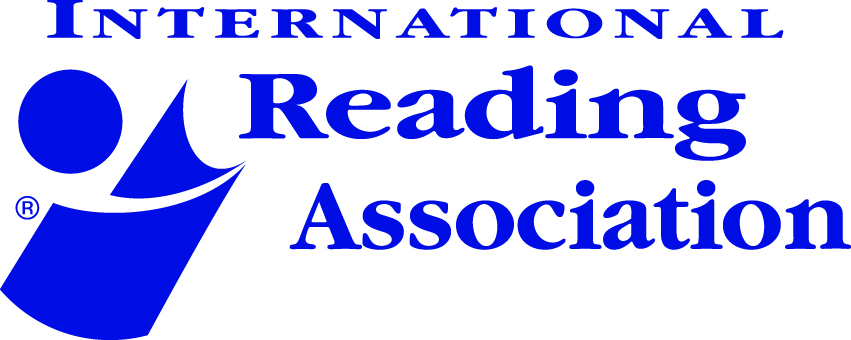 IRA has released a letter of support for the position taken by the Learning First Alliance on the need for an extended transition to full implementation of the Common Core State Standards before CCSS-based assessments begin. The text of the letter is set out below. A PDF version is also available.
IRA has released a letter of support for the position taken by the Learning First Alliance on the need for an extended transition to full implementation of the Common Core State Standards before CCSS-based assessments begin. The text of the letter is set out below. A PDF version is also available.
 IRA SUPPORTS
IRA SUPPORTS
COMMON CORE STATEMENT
ISSUED BY LEARNING FIRST ALLIANCE
June 19, 2013--The International Reading Association (IRA) supports the Learning First Alliance’s recent statement about the Common Core State Standards. The Learning First Alliance is a partnership of national educational organizations. Its members include the American Federation of Teachers, the National Education Association, the National Association of Elementary School Principals, and the National Association of Secondary School Principals. The Learning First Alliance document in its entirety can be accessed at /learningfirst. Key points include the following:
- The Common Core State Standards have the potential to transform teaching and learning and provide all children with the knowledge and skills necessary for success in the global community.
- Teachers, administrators, parents and communities need to work together to align the standards with curriculum, instruction and assessment. This work will take time.
- Rushing to make high-stakes decisions such as student advancement or graduation, teacher evaluation, school performance designation, or state funding awards based on assessments of the Common Core standards before the standards have been fully and properlyimplemented is unwise. Delaying high-stakes consequences will ensure that educators have adequate time to adjust their instruction, that students will have time to focus their attention on new learning goals, and that parents and communities can provide the necessary supports for their children.
- States and districts should continue to hold educators and schools to a high standard as determined by the components of their accountability systems, which are not solely based on standardized tests, but include other evidence of student learning, peer evaluations, school climate data and more.
- There is a growing consensus that we are moving too quickly to implement new standards, new assessments, and new high-stakes decisions related to those assessments. It is fair to say that time is of the essence in school reform, and yet, moving too quickly runs the risk of undermining the Common Core – and losing the opportunity to improve educational outcomes for all students. Educators must take the necessary time to ensure success in this endeavor.
The International Reading Association is the leading professional organization for literacy development in the world. IRA members have strong expertise in all areas of the English Language Arts Standards (ELA Standards), and Association leaders strongly believe that this expertise should be leveraged to inform and support educators in understanding and implementing the Common Core State Standards. In 2012, IRA issued a document entitled “Literacy Implementation Guidance for the ELA Common Core State Standards” to support state and local leaders, teachers, university faculty, publishers, and planners and facilitators of teacher professional learning opportunities as they implement the Common Core. The text focuses on specific language in the Standards, including key terms, major shifts in instructional focus, and critical points on which the Standards are simply silent. In each instance, the Committee provides bulleted recommendations that address the identified challenge by offering practical strategies for moving forward.
This document, which was endorsed by the Council of Chief State School Officers (CCSSO), addresses specific literacy issues that have proven to be challenging in the implementation of the English Language Arts Standards. These include: The use of challenging text, foundational skills, reading comprehension, vocabulary, writing, disciplinary literacy, and diverse learners. The Literacy Guidance document is based upon a consensus of thinking from literacy leaders in the field and widely known and adjudicated research. As noted in the document:
The Common Core State Standards for English Language Arts represent qualitatively different outcomes and their accomplishment will require significant shifts in educational practice involving teachers across the curriculum. Changes this significant are not likely to occur successfully without equally significant investments in the knowledge and skills of educators along with necessary material supports. There are many things that teachers must do to try to help students reach the expectations detailed in the CCSS—this guidance is provided to help with such implementation. States and schools will need to support such efforts with appropriate and timely professional development for teachers. (IRA, 2012, p.4)
(To obtain a copy of IRA’s “Literacy Implementation Guidance for the ELA Common Core State Standards,” please see: /ccssguidelines.)
Maureen McLaughlin, IRA President
Brenda Overturf, IRA CCSS Committee Co-Chair
Timothy Shanahan, IRA CCSS Committee Co-Chair